EU funds youth voter mobilisation

SHARE THIS PAGE!
The European Union (EU) has engaged two local civil society organisations to mobilise young people to register as voters in the electoral commission’s re-registration drive, in an effort to bolster youth involvement in democratic processes.
The initiative commenced on Monday this week and is expected to end on March 31, 2025. It is aimed at increasing youth participation in the upcoming elections, fostering a culture of civic engagement and empowerment among the youth.
According to the Independent Electoral Commission (IEC) public relations manager, Tuoe Hantši, Bacha Re Bacha (BRB) Youth Forum has been assigned to Mokhotlong, Botha Bothe, Leribe, Berea, and Maseru while Development for Peace Education (DPE) has been deployed in Mafeteng, Mohale’s Hoek, Quthing, Qacha’s Nek and Thaba-Tseka.
Hantši noted in a statement that the two organisations will collaborate with the IEC’s districts officers as they discharge their civic duties.
IEC will provide this initiative with materials, information and monitoring. The Commission is therefore, requesting all stakeholders to cooperate to ensure the success of the programme.
The EU’s deployment aims to boost the ongoing re-registration process that marks a significant step towards ensuring a more equitable and inclusive electoral system, Hantši said.
The IEC’s targeted focus on youth registration reflects a commitment to ensuring that young people have a voice in shaping the political landscape of the country, with the aim of promoting long-term civic engagement and democratic participation.
Bacha Re Bacha director, Innocent Dube, noted that the initiative made possible through the generous support of the EU grant was aimed at engaging young in the democratic process, after identifying a significant challenge that a large portion of the youth were not registered to vote.
In response to the challenge, Dube noted they launched a targeted initiative aligned with the IEC goals, focusing on increasing youth registration, particularly during the festive season when they are more likely to be present in their communities.
“Our strategy centres on meeting young people in their natural environments where they gather, through activities such as bonanzas both in urban and rural areas.
“These crowd-pulling events will serve as opportunities for outreach, with our team engaging youth through one-on-one conversations as well as group activities.
“During these events, we will have the Independent Electoral Commission teams on-site to streamline the process and make it as accessible as possible,” Dube pointed out.
He noted that they have also introduced a pledge initiative, encouraging young people to commit to the registration process, promoting a sense of ownership and responsibility towards their participation in democracy.
He added that they anticipate several challenges during the process, particularly youth scepticism towards elections. Many young people, Dube said, have become disillusioned due to repeated disappointments with political leaders, leaving them questioning the value of voting or registering.
Additionally, youth issues have often been overlooked by successive governments.
Furthermore, some religious groups discourage political involvement, citing potential conflicts with faith-based principles.
Lastly, there’s a prevalent belief among youth that governance and electoral duties are solely the responsibility of older generations.
“Our approach is grounded in a peer-led strategy, recognising that young people are more likely to engage when they are approached by their own peers.
“This method is effective because peers can more easily connect with and influence each other, creating a supportive environment for registration and participation in the democratic process,” Dube observed.
He said they believe their efforts can make meaningful progress in engaging young people and encouraging them to take an active role in shaping their future.
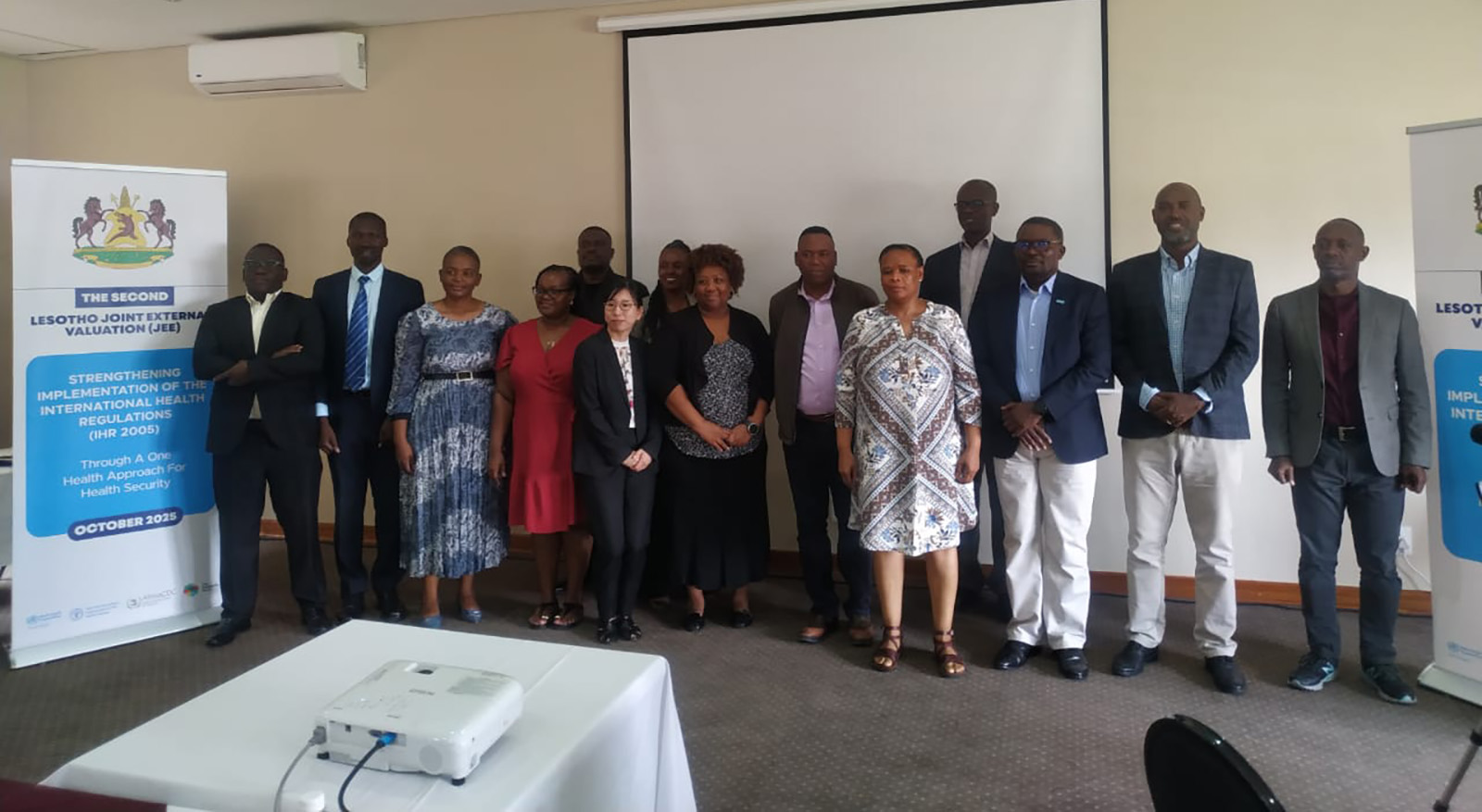
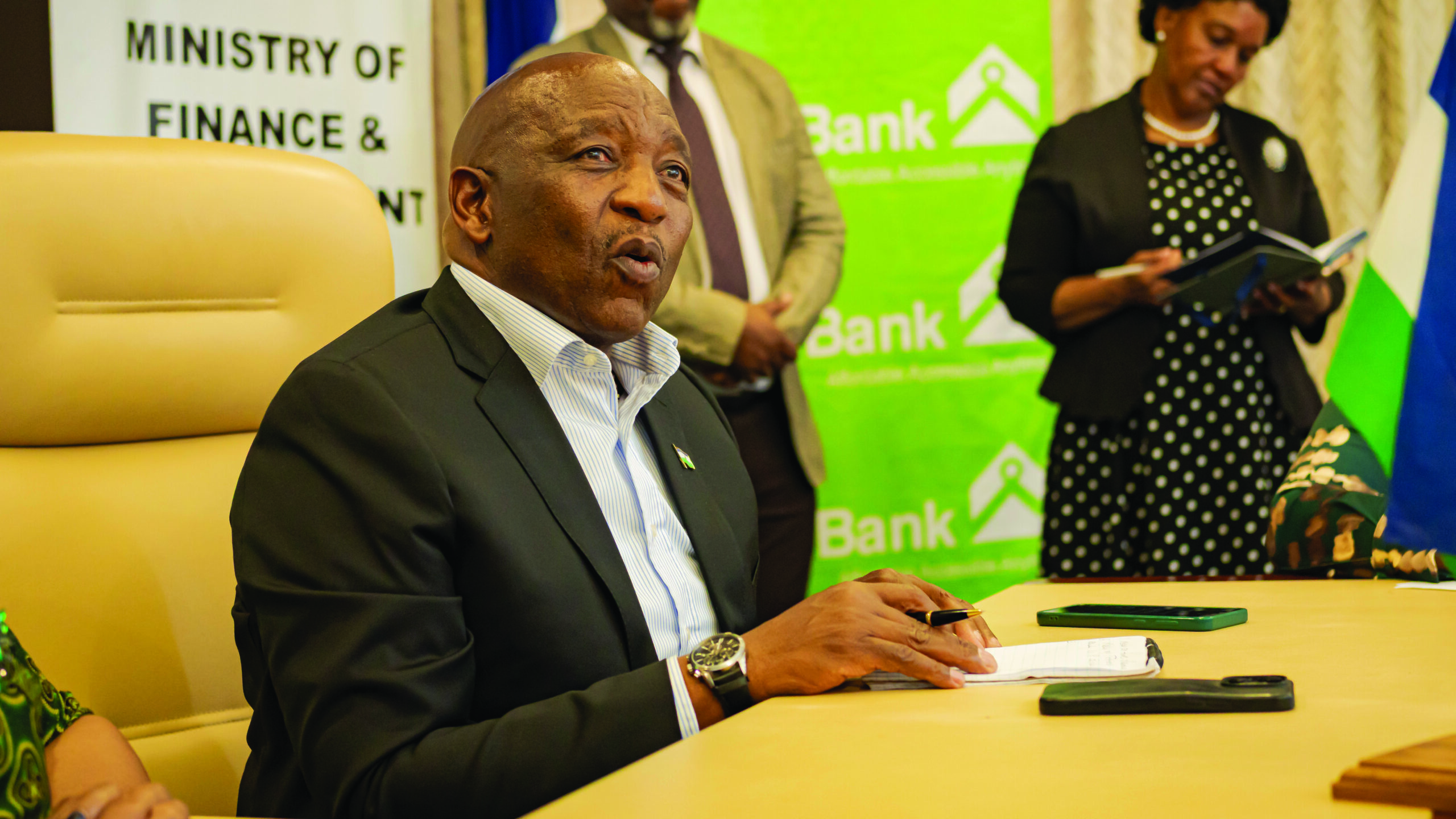
M200m credit facility to boost agriculture
6 days ago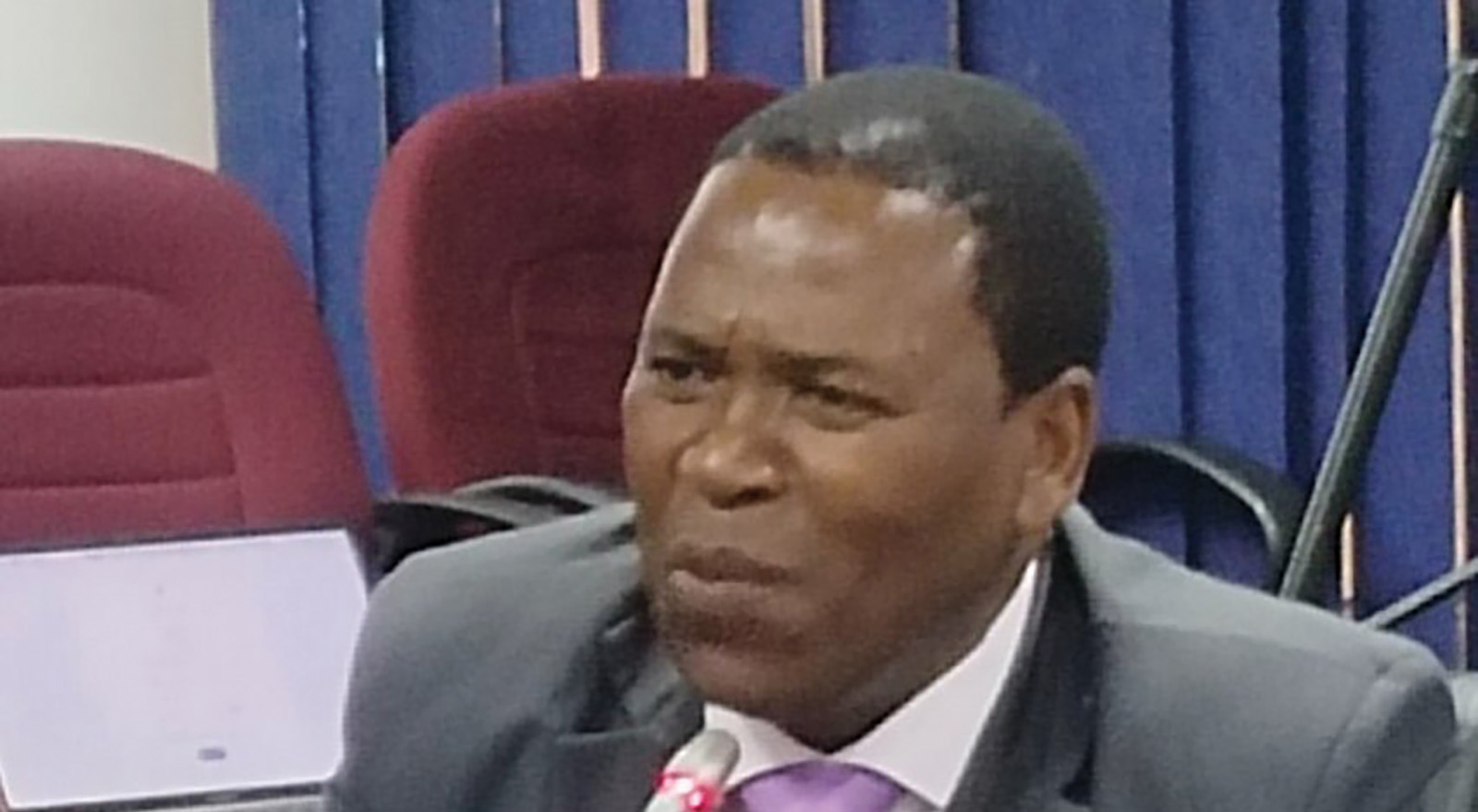
Protect your oversight powers, MPs urged
6 days ago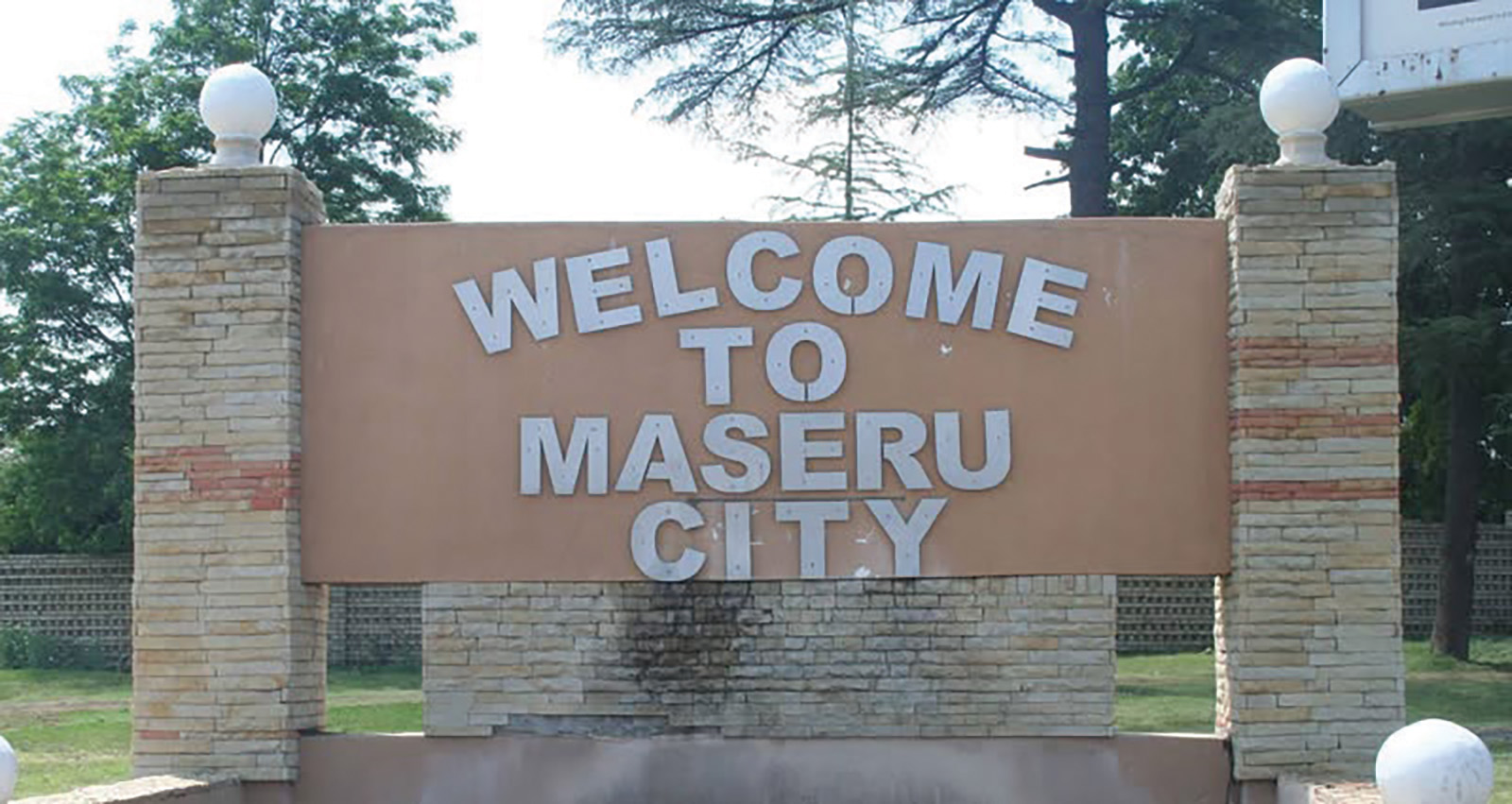
MCC in M16m debt crisis
6 days ago
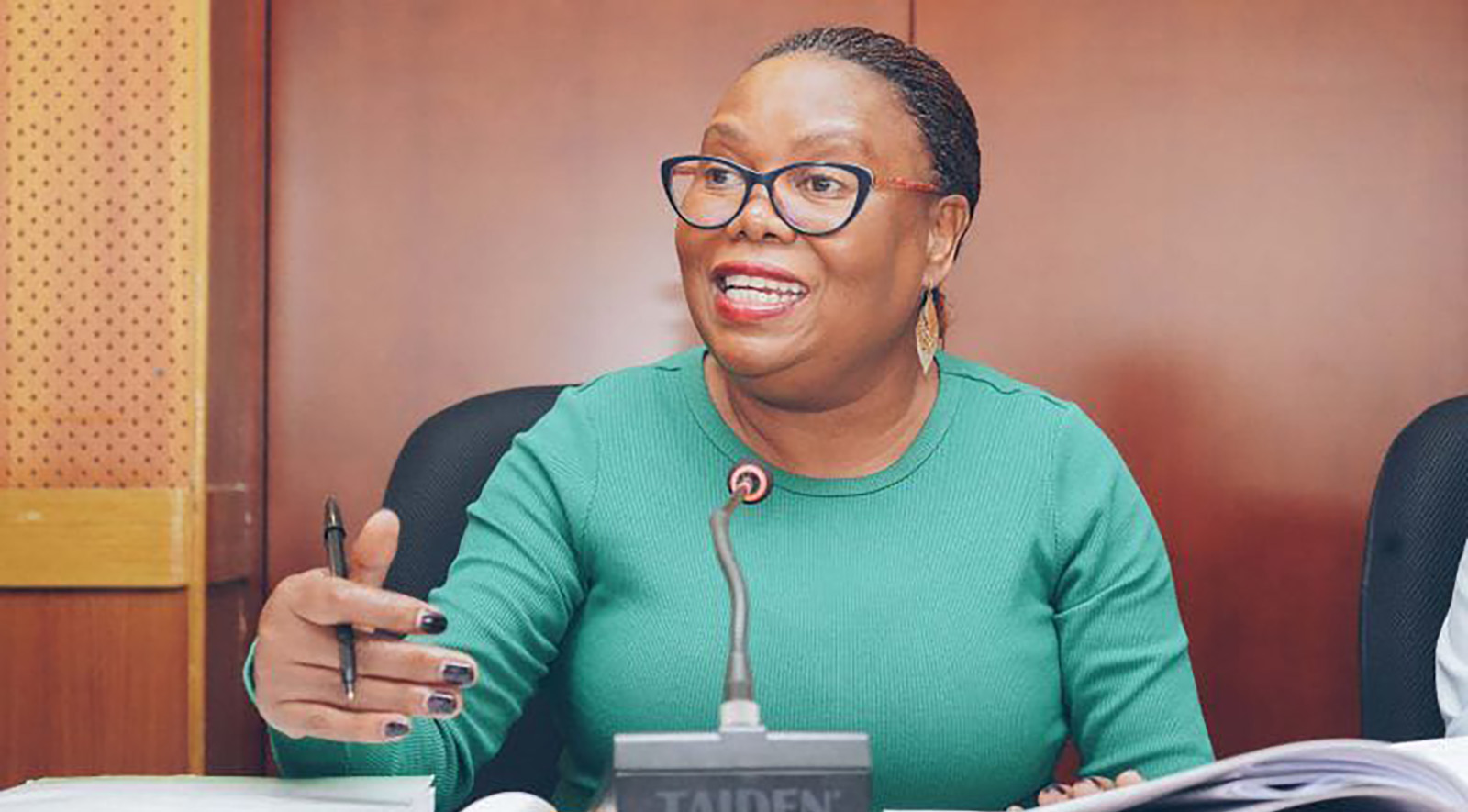
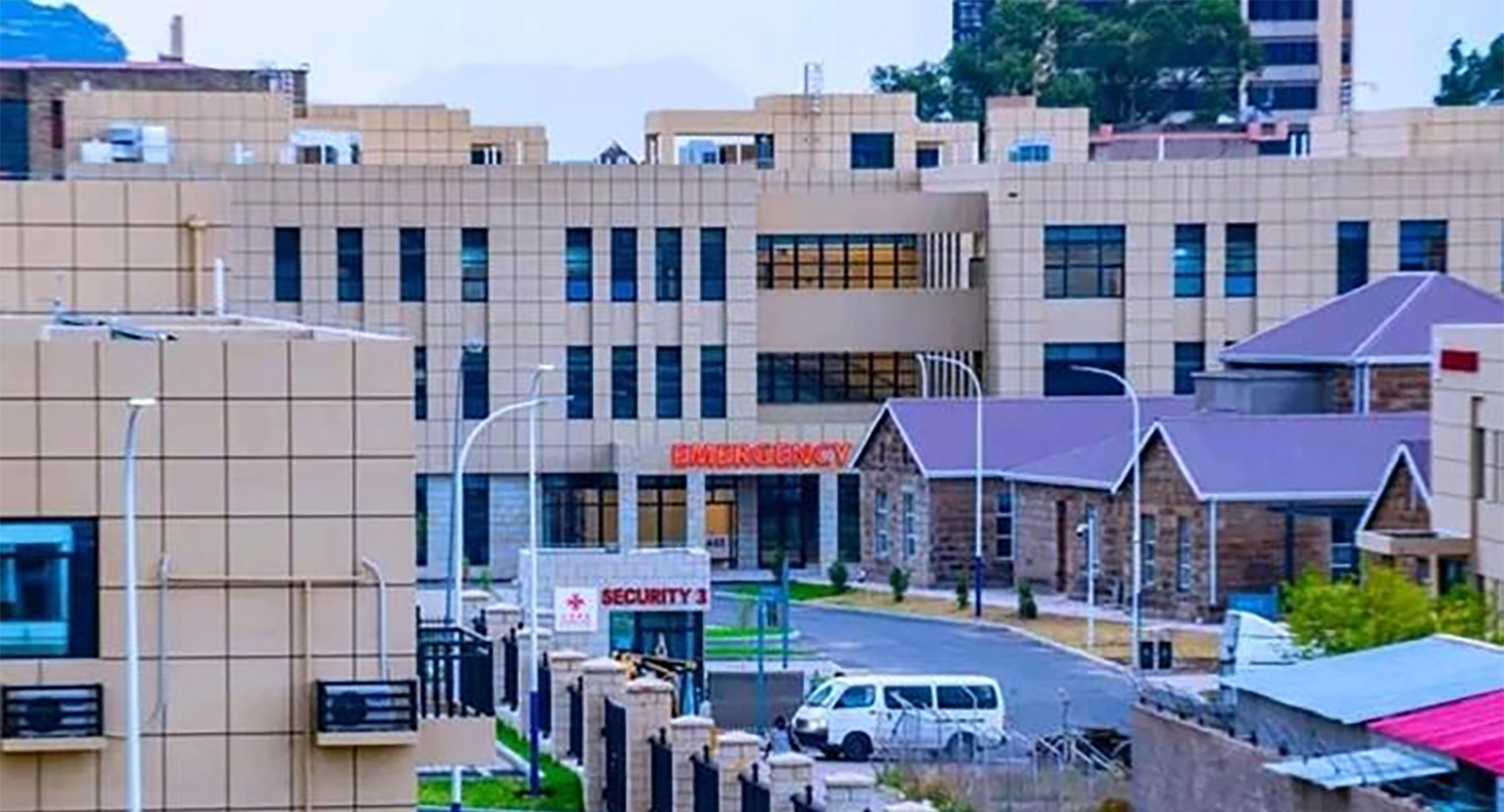
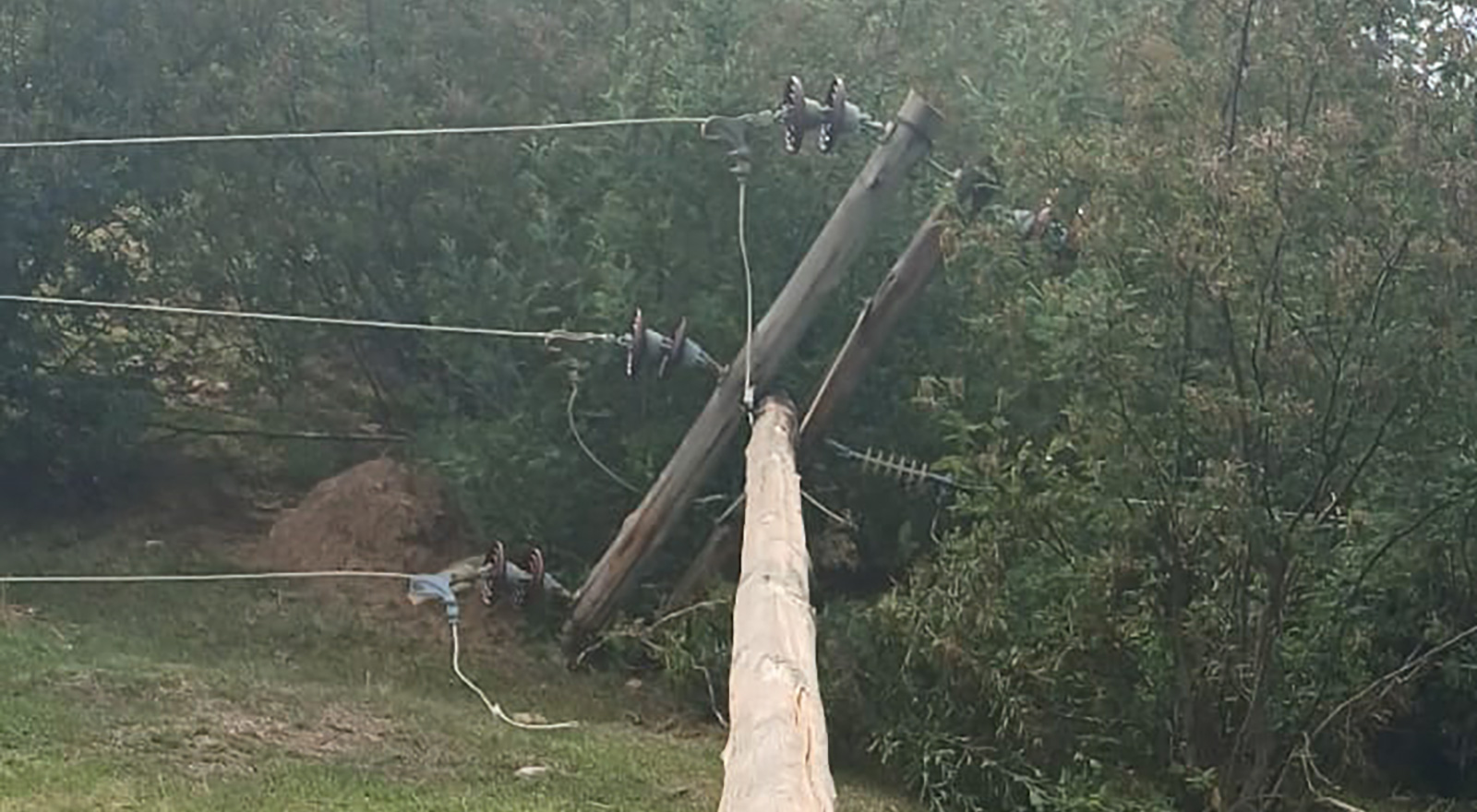
LEC loses M3.5m to vandalism
9 days ago
Maseru man fined M1,500 for theft
9 days ago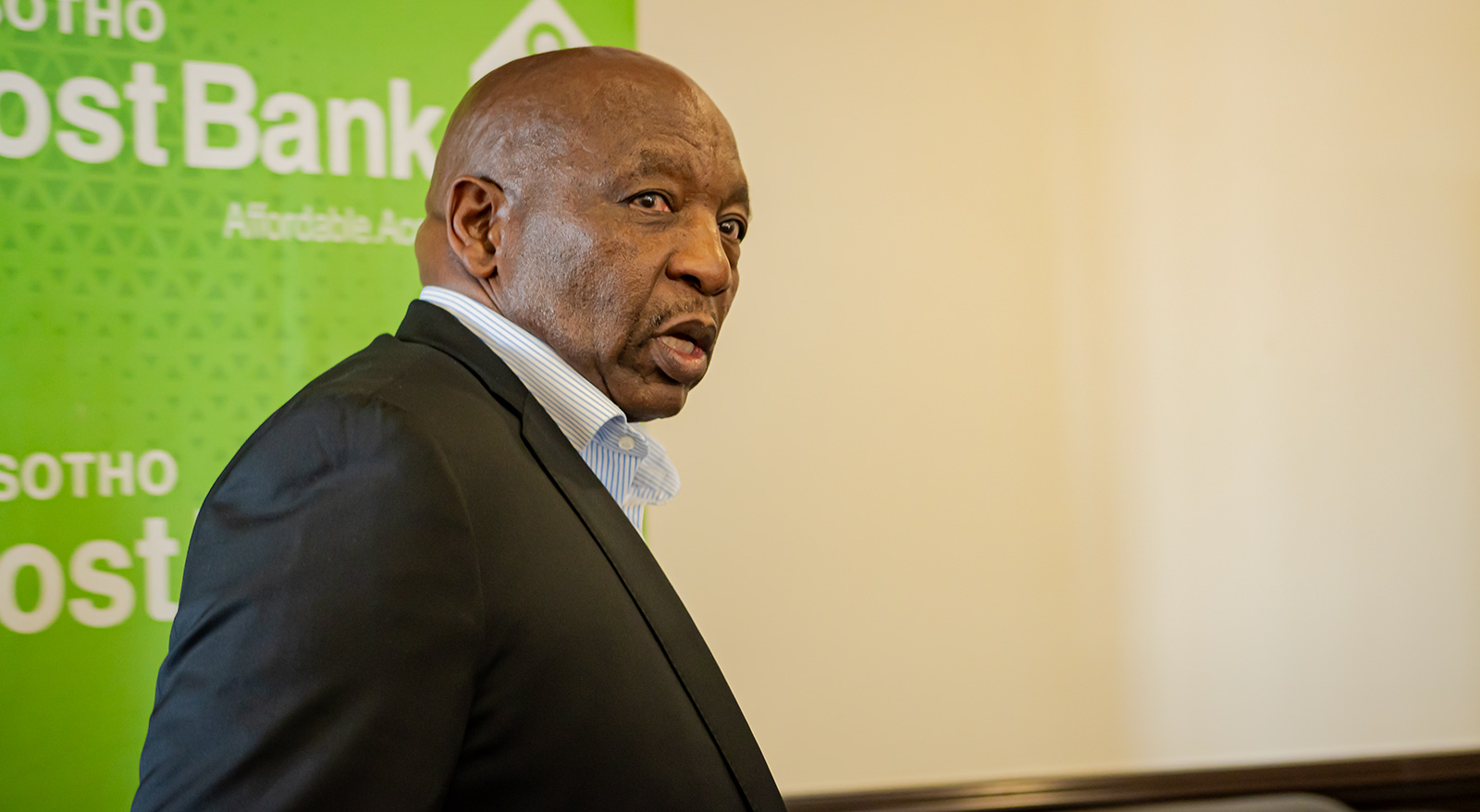
Govt disbands assets recovery task team
9 days ago